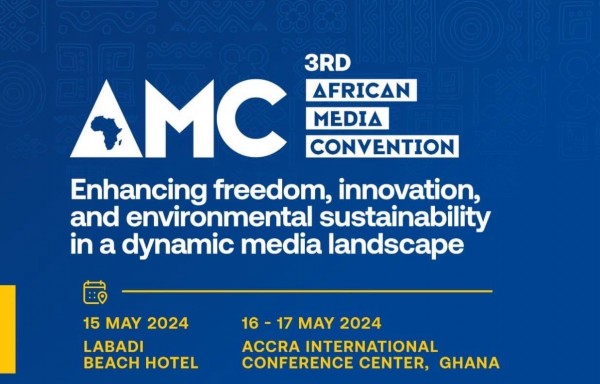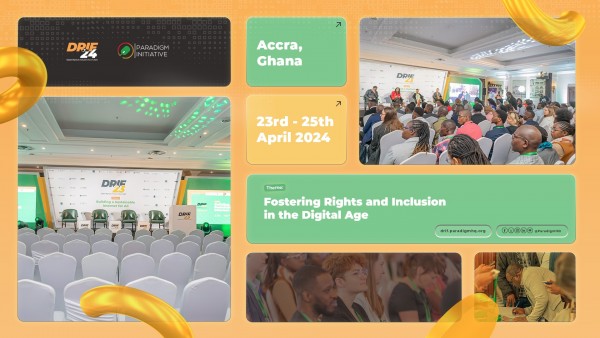The International Press Institute (IPI) today wrote an open letter to Ghanaian President Atta Mills, calling on him to ensure that attacks on journalists in the West African country are promptly investigated, and that the perpetrators are brought to justice. In recent weeks, a number of incidents of violence against journalists – often allegedly at the hands of political party supporters or police officers – have been reported. IPI calls for an end to impunity, and would like to note that until those who attack journalists realize that they cannot escape justice by hiding behind their police badge or party affiliation, violence against reporters will continue. Continuing reports of violence against journalists damage Ghana’s reputation as the freest country for media in Africa.
H.E. John Evans Atta Mills
President
Republic of Ghana
Office of the President
P.O. Box 1627,
Osu, Accra
Ghana
Tel: (+233) 21 665415/ 666281
Vienna, 12 March 2010
Your Excellency,
The International Press Institute (IPI) is writing to express our grave concern over a number of attacks against journalists, and to respectfully request that your government investigate these cases and prosecute the perpetrators.
In November 2009, we addressed a letter to you about the assault and detention of James Donkor, programme head at Radio Progress in the city of Wa.
On 28 January, the Head of Mission at the Embassy of Ghana in Vienna, H.E. Mr. Ernest Amporful, wrote to IPI saying that the matter was “receiving serious attention” from your office and that the outcome of the investigation would be sent in due course.
While we appreciate that investigations take time, it is unfortunate that before any results have been made public several further attacks on journalists in Ghana have been reported.
As reported by the International Press Institute, Jos Garneo Cephas, a reporter for the Daily Guide, was attacked on 19 February. Mr. Cephas, who appears to have been mistaken for a Radio Gold reporter, was assaulted at New Patriotic Party (NPP) headquarters in Accra while attempting to cover the release of Nana Darkwa, a panellist on a Radio Gold show who had accused former president JJ Rawlings of burning down his own home in order to be re-housed by the government. NPP supporters allegedly pushed Mr. Cephas to the ground, beat him, and continued to threaten him until another journalist and a member of parliament intervened. Mr. Cephas suffered a bloodied nose, and had his camera and mobile phone taken.
A month earlier, on 22 January, Mr. Cephas was beaten and had his camera smashed outside an Accra courtroom by family members of a group of soldiers who were on trial.
Other recently reported attacks on journalists include:
• 26 January 2010: Photographer Emmanuel Kubi from the Daily Guide was assaulted and eventually arrested and detained on the orders of Accra High Court presiding judge, according to a report from the Media Foundation for West Africa (MFWA). Mr. Kubi was covering the trial of four criminals who were convicted of murder when he was allegedly attacked by police officers who said he was not allowed to photograph the convicts. Mr. Kubi was reportedly slapped and beaten by the officers and members of the convicts’ families, who unsuccessfully tried to obtain his camera. He was then sent to a cell on the court premises where he was held along with the convicts and other suspects. When it was determined that he was a journalist, he was further beaten and threatened.
• 12 December 2009: Five journalists – Dennis Peprah, Ian Motey, Kwasi Ampratwum Mensah, Larry Paa Kwesi Moses and Michael Boateng – were allegedly beaten by suspected members of the National Democratic Congress (NDC) while covering an awards ceremony, according to MFWA.
• 17 November 2009: Sammy Darko of Joy FM was allegedly kicked by police officers while trying to record a scuffle amongst the defendants in the trial and conviction of police officers and their civilian accomplices accused of robbery, and Cynthia Essandoh from the Ghanaian Observer had her camera broken, according to an MFWA report.
The International Press Institute finds the treatment of these journalists to be unacceptable.
It is of particular concern that many of the recorded attacks appear either to have taken place at the hands of political party supporters or in courtrooms. While journalists must obey courtroom rules, there is no justification for these attacks.
Public officials, police officers and political party supporters who attack journalists must be investigated and prosecuted with the same rigour as any other violent criminals. The assaults on reporters, cameramen and photographers will not end until assailants realize that they cannot hide behind their police badge or party affiliation to escape justice.
Ghana has a reputation as the country in Africa with the freest media environment. Attacks such as those listed in this letter damage that reputation.
Thank for your attention to this important matter. We look forward to hearing how your office intends to combat the problem of violence against journalists in the near future.
Sincerely yours,
David Dadge
Director
International Press Institute


